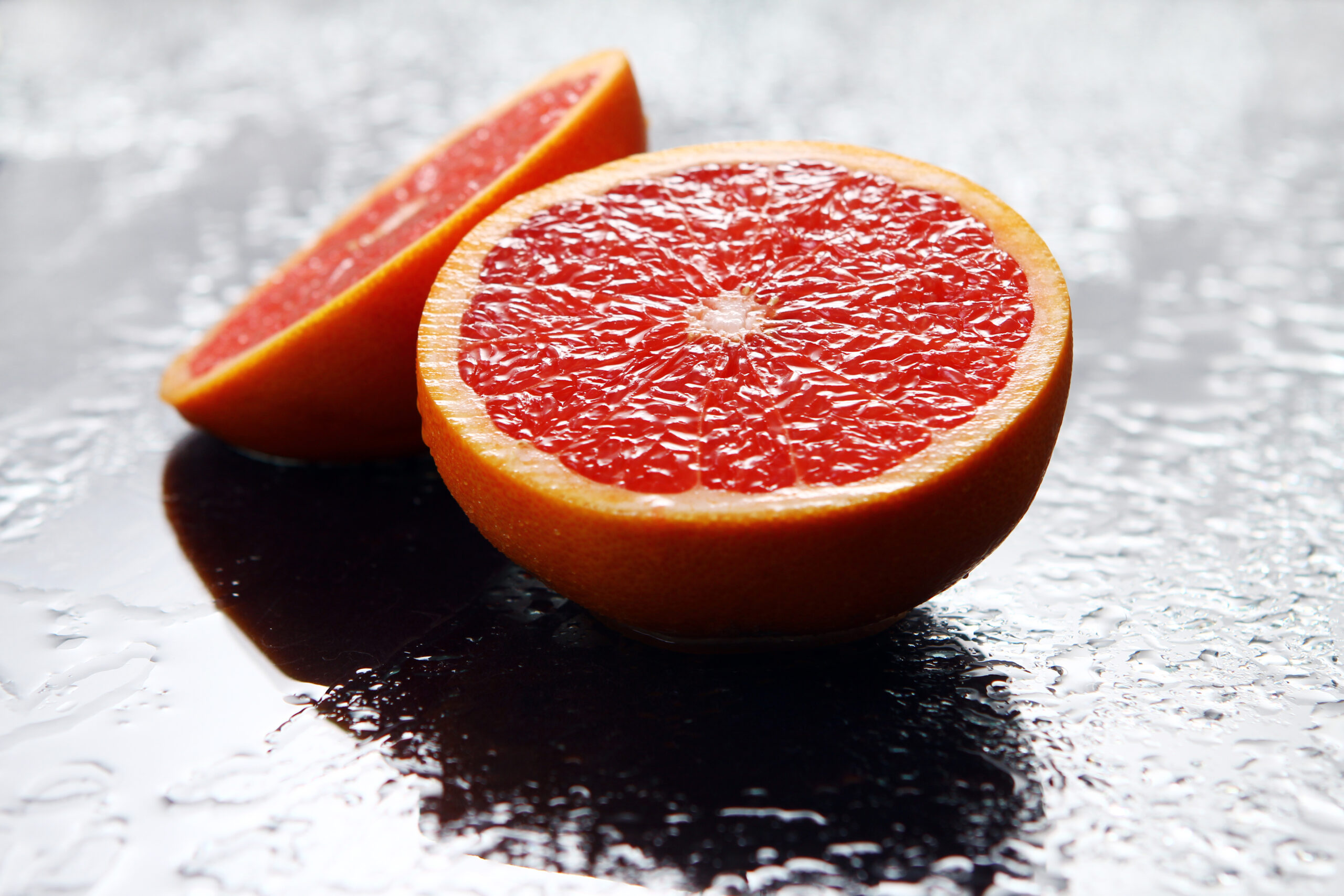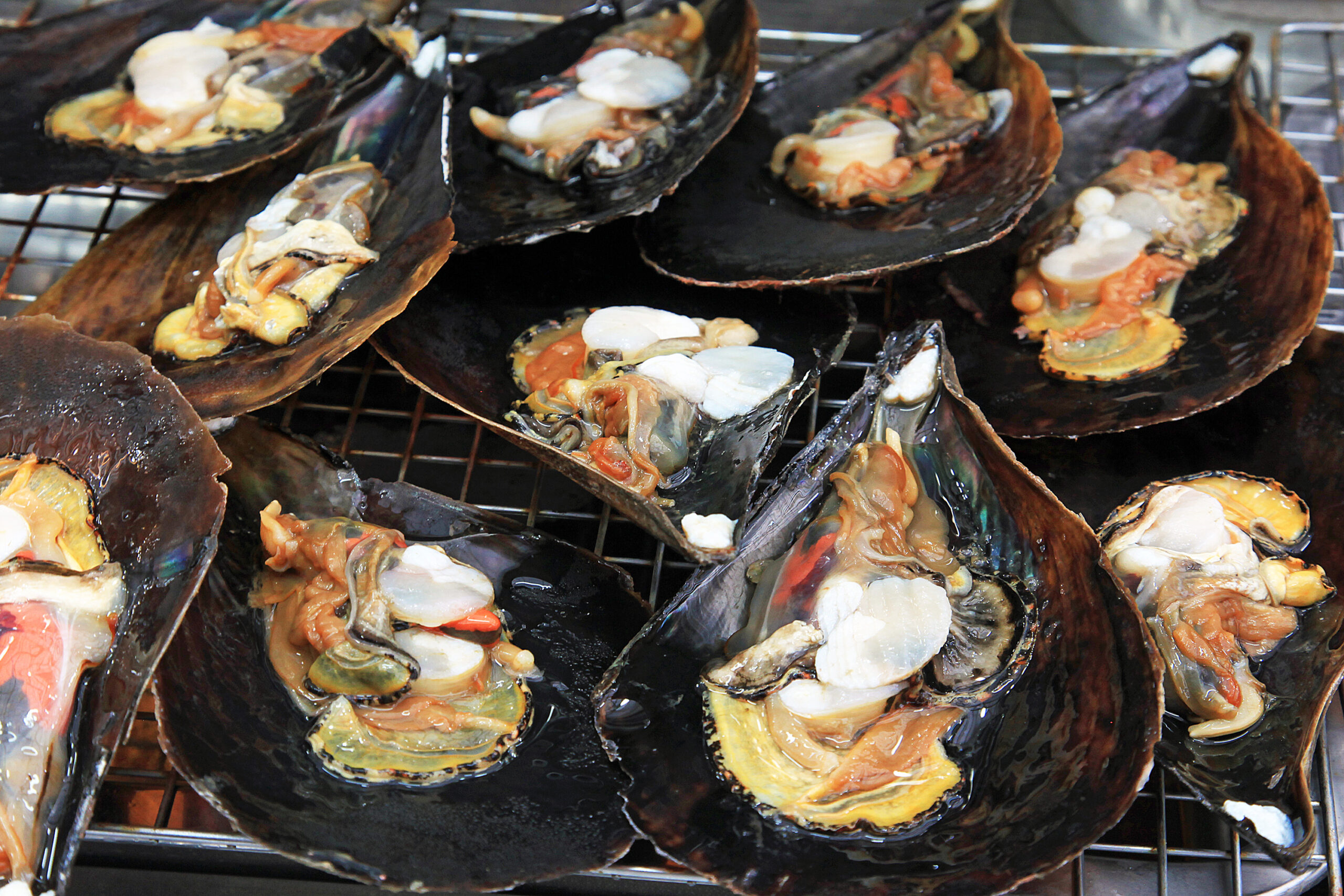As we age, changes in our bodies occur. Proper adjustments should be done so that everything that we do should be in consonance with our body’s present condition. This is especially true with the food that we eat. What was healthy then may not be healthy now that we are seniors. Some foods may now be indigestible by our gut. Our favorite meals then may now be causing us upset stomach. And do you know that some foods can even make us sick because our bodies may not have the strong immune system that they once had?
Indeed, seniors should be extra cautious when it comes to the foods they take in. Besides foodborne diseases, other food groups can cause other chronic illnesses such as diabetes and heart disease. Once these precautions are not observed, the quality of life may be at risk.
Here is a list of 10 foods that seniors should always avoid at all times:
Undercooked Eggs
All our lives, we have been used to eating undercooked eggs. We always enjoyed spreading the half-cooked creamy yolk on our bread. Soft-boiled eggs also seemed more delicious. But that should change now as seniors may be more susceptible to Salmonella food poisoning. Salmonella infection can lead you to bouts with diarrhea, fever, cold and chills, headache, throwing up, and stomach cramps. This can last for several weeks which can dehydrate you. When untreated properly, Salmonella can get into our blood which can even lead to more serious complications.

Raw Sprouts
Raw vegetables are said to be more nutritious. But as we age, raw sprouts of beans, alfalfa, broccoli, and other vegetables can be health risks. This is because E.coli and Salmonella may have gotten contaminated with these vegetables as they were grown in warm, moist conditions. In case you do not know yet, the harmful strain of E. coli can cause a fatal form of kidney failure.

Processed Foods
Processed foods should be ideal food for seniors because they need not be prepared. Some may not even have to be cooked. But do you know that processed foods are dangerous to seniors? This is because they contain high amounts of salt, sugar, fats, and preservatives. These compounds are harmful as they can lead to high blood pressure, diabetes, and heart disease.

Soft Cheeses
Soft cheeses have high acid and low moisture levels. This condition is perfect for listeria to propagate. Early symptoms of Listeria are chills, fever, muscle cramps, diarrhea, and nausea. And when left untreated, Listeria can attack the central nervous system which causes stiff neck, confusion, and change in alertness.

Raw Milk
Seniors should only be drinking pasteurized milk. Unpasteurized milk means the milk may contain Salmonella, Listeria, and E.coli. Just imagine experiencing all the symptoms mentioned above caused by these harmful organisms. Undoubtedly, seniors must have a hard time coping with the infection.

Undercooked meat
Eating undercooked meat can cause food poisoning to a senior because of the Salmonella, E.coli, and Campylobacter that may be present. They can be eliminated when meat is cooked with high heat. This may mean goodbye to your favorite rare steak. As to Campylobacter infection, it has similar symptoms with other harmful bacteria but it can be detected if you have bloody poop, belly cramps, and bloating.

Grapefruit
Grapefruit belongs to the citrus family and therefore, acidic. Seniors should avoid eating this fruit as it can get in the way of some medications especially those that treat insomnia, high blood pressure, and anxiety.

Raw Fish and Shellfish
Except for the fats and allergies, nothing seemed wrong with eating seafood when we were younger. They are delicious to make salads. But seafood, such as lobster, shrimps, scallops, and shellfish may have some harmful parasites on them. Add to that, they may have been caught in some polluted waters. This makes sushi and other mouth-watering delicacies not-so-ideal for seniors.

Multigrain Bread
Bread is an important part of a meal for every age group. What can be unsafe for seniors is when some bread may contain high fructose corn syrup. Seniors may develop resistance to insulin which may not cater well to those with diabetes.

Unpasteurized Juice
Like milk, juice should be pasteurized before a senior drinks it. This is because not going through the pasteurization process means that the juice may contain some harmful bacteria.

While these foods should be very nutritious, they should be avoided by seniors because of their low immunity which can make them easy prey to sicknesses. To prevent nutritional imbalance among seniors, other sources of vitamins and minerals should be substituted to help them stay healthy, strong, and energized.

